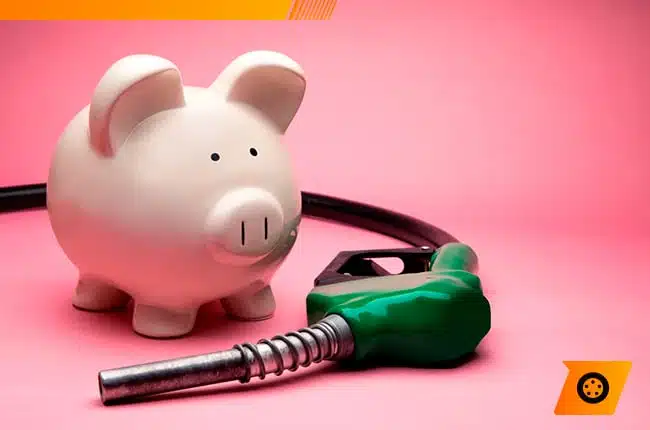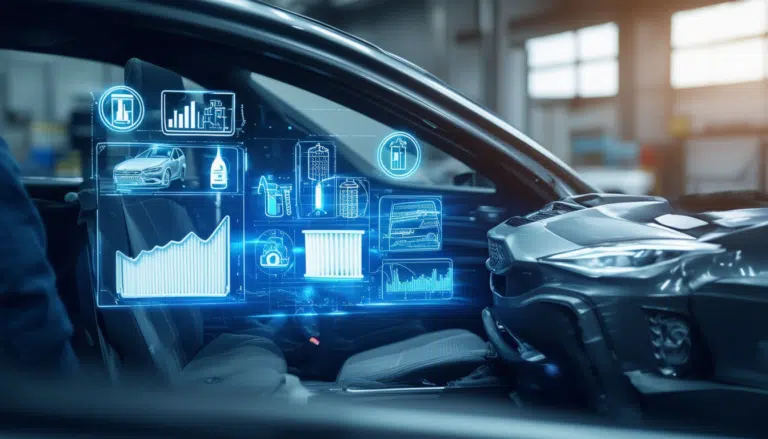La Unión Europea allocates 1 billion to boost the electric vehicle battery industry, but will it be enough to meet the sector’s needs?
The European Union has allocated 1 billion euros to promote the growth of the electric vehicle battery industry. This effort seeks to reduce dependence on Asian manufacturers, particularly China, which currently leads the market with lower production costs and impressive industrial capacity. A series of European regulations aims to drive a transition to zero emissions by 2035, forcing a reevaluation of the local industrial landscape. In light of this challenge, the question arises: is this investment sufficient to meet the growing demands of the sector?
In an attempt to strengthen its electric vehicle battery industry and reduce dependence on the Asian market, the European Union has allocated 1 billion euros to boost this sector. However, given the rapid evolution of the market and economic challenges, the question arises whether this investment will be enough to meet the growing demand of the sector in Europe. This article analyzes the actions of the EU, the challenges of the market, and global competition, especially against the powerful Chinese industry, and explores whether the allocated budget can generate tangible results in this context of fierce competition.
Europe seeks to reduce its dependence on China
Europe, in its effort to mitigate technological dependence on China, has taken measures aimed at attracting investment in battery manufacturing. With the announcement of 1 billion euros allocated for this purpose, the goal is clear: to strengthen local industrial capacity. However, no one can ignore that China currently dominates the battery market, with production that surpasses that of any other country, both in quantity and cost.
The race towards 2035 and zero emissions
The European Union aspires to become the cleanest continent in the world by promoting electric vehicles and increasing environmental requirements in the production of all types of goods. By 2035, traditional combustion cars are projected to be practically a thing of the past. However, a cleaner market brings with it an increase in industrial and economic challenges, which so far is reflected in higher production costs and consequently higher prices for consumers.
The challenge of cost and competitiveness
Production costs in Europe are currently a significant obstacle. With new tariffs imposed from Brussels, the impact of Chinese brands is expected to be minimized. However, with products at much more competitive prices, China continues to increase its influence in the global electric vehicle market. European competitiveness faces not only economic challenges but also a lack of mining resources and adequate infrastructure within the continent.
Projects and economic challenges: a look at Northvolt
One of the largest battery projects in Europe, the Swedish company Northvolt, has entered a dangerous economic spiral. Despite public subsidies, the company has declared bankruptcy, thus demonstrating the difficulties of competing internationally without a solid economic base. This also reveals that, although Europe seeks its own battery brands, it is still far from positioning itself among the world’s top players.
Initiatives from major European manufacturers
Companies like Volkswagen and Stellantis are taking matters into their own hands. Volkswagen has announced the construction of factories dedicated to battery production, including one that will be located in Sagunto. Meanwhile, Stellantis has signed strategic agreements with the Chinese company CATL to stimulate production on the continent. Other manufacturers, although planning to open factories in Europe, such as SVolt, ultimately decided to cancel their projects due to economic barriers.
The global market dominance: China and the lack of European manufacturers
An analysis of the market shows that the battery industry is primarily controlled by three regions: China, Korea, and Japan. Companies like CATL and BYD have taken the lead in battery production, providing advanced technologies and economic options, with lithium iron phosphate batteries as a more affordable and durable alternative. This reality poses an additional challenge for Europe, which, to date, does not have a manufacturer that has managed to position itself in the top 10 globally.
Reflections on European Investment in the Battery Industry
The European Union’s decision to allocate 1 billion euros to the electric vehicle battery industry represents a significant step in the right direction. This investment is based on the urgent need to establish a robust infrastructure that not only meets the growing needs of the automotive sector but also competes with the Asian giants currently dominating the market. At first glance, this seems like a promising approach to position Europe as a leader in clean and sustainable technology.
However, the question remains: will this investment be sufficient to address Europe’s dependence on Asian superpowers? The answer is not straightforward. Although European funding aims to encourage innovation and attract manufacturers to the continent, it still faces significant challenges. European production capacity is still limited, with significant restrictions regarding access to raw materials and manufacturing costs that are higher than those of its competitors.
Competitiveness is a key issue in this context. For the European battery industry to thrive, not only money is needed, but also comprehensive strategies that include mineral extraction, reducing production costs, and a sustainable approach throughout the entire supply chain. Additionally, it would be necessary to foster strategic alliances with other countries to enrich the talent and technologies available.
Despite these challenges, the investment of 1 billion euros marks the beginning of a new era in which Europe is taking more aggressive steps to reduce its carbon footprint and become self-sufficient in one of the most promising sectors of the future. What is clear is that, although this amount represents considerable progress, it is likely only a piece of the puzzle necessary to achieve complete autonomy in the production of electric vehicle batteries in Europe. The European Union will need to double its efforts if it truly wishes to take on a prominent role in the global market.



